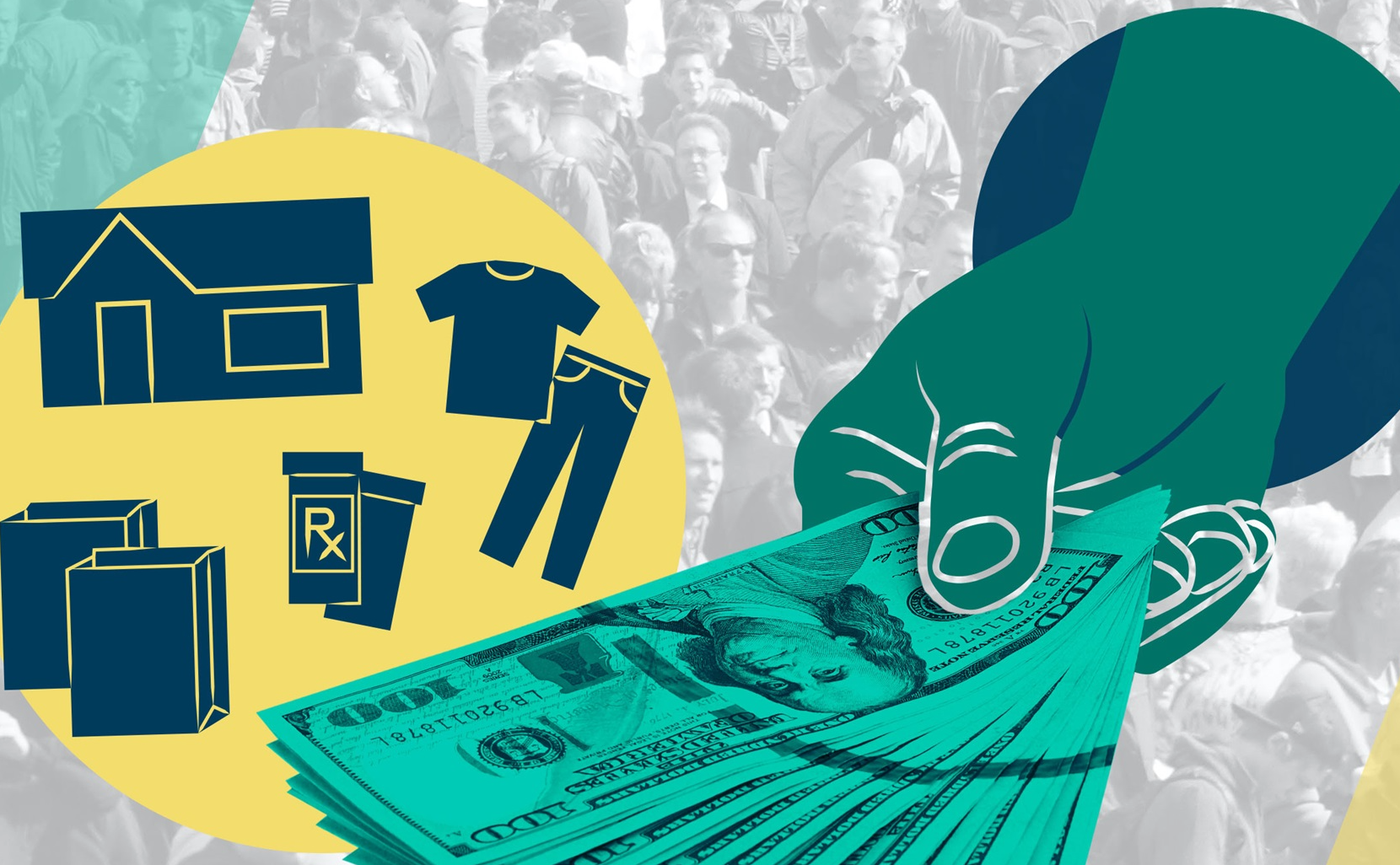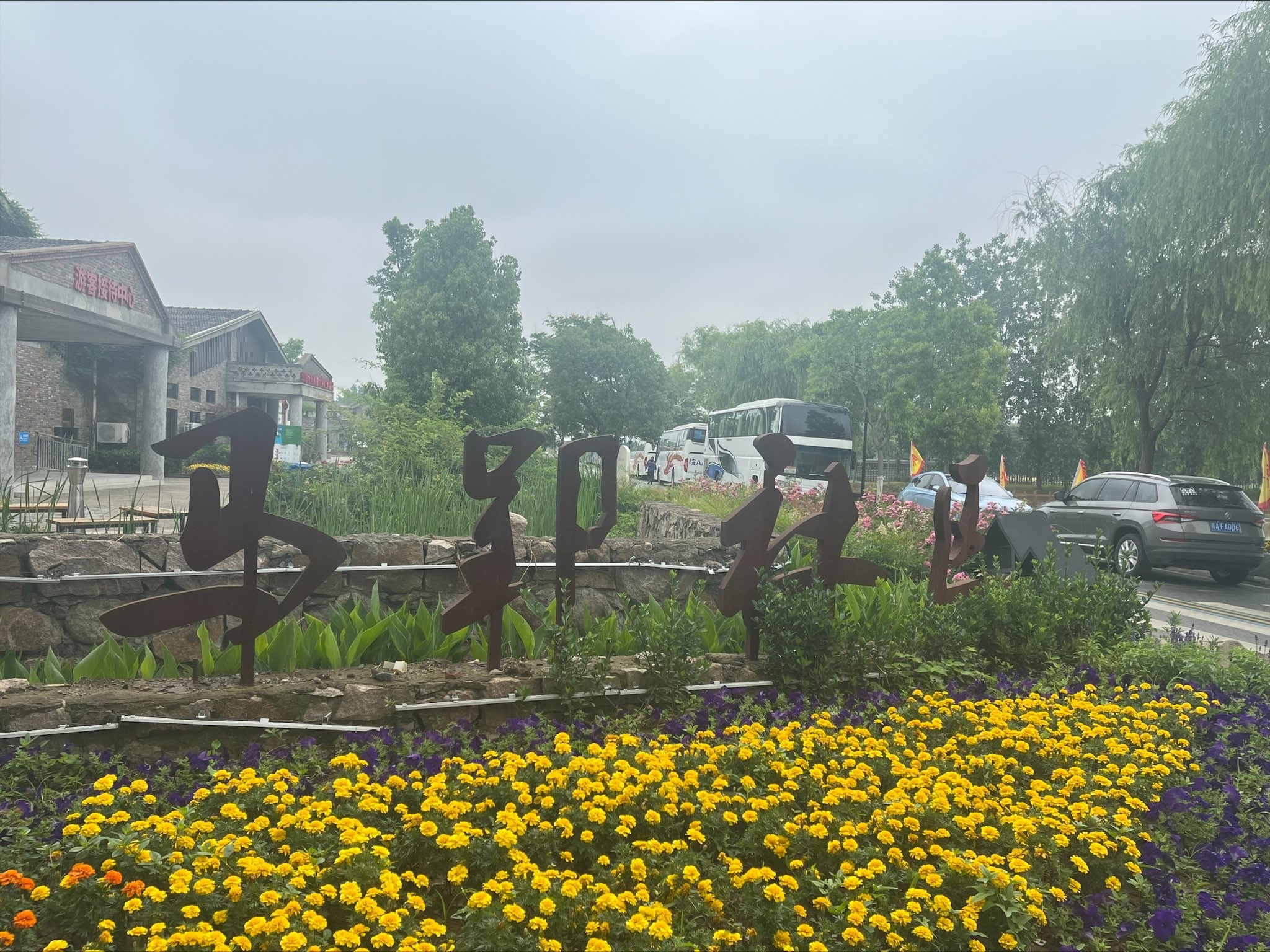
by Peter Knight | Apr 12, 2024 | News
“Since the pandemic, over 200 guaranteed-income experiments launched across the United States. The Mellon Foundation backed one of them, providing $115 million to support 2,400 New York artists.”
To read the full article click here.

by Scott Santens | Feb 28, 2024 | News
Image credit: Scott Santens and Midjourney v6
The Foundation for Government Accountability – a Florida-based lobbying group backed by the richest 1% – is working to get basic income experiments banned by state legislators across the U.S.
As a well-known quote often wrongly attributed to Mahatma Ghandi says, “First they ignore you, then they laugh at you, then they fight you, then you win.” As of 2024, the basic income movement in the United States is now firmly in the “then they fight you” stage thanks to a slew of bills introduced in state after state that are all attempting to ban the basic income experiments that have spread across the country. Over 150 guaranteed basic income pilots are now ongoing or recently completed in 24 states as of this writing, and so far, bills in seven states have been introduced to stop them. All of the bills are the result of efforts by the Foundation for Government Accountability (FGA) – a lobbying group with a billionaire-fueled junk science record every American should know about. ….
To read the full article, click here.

by Peter Knight | Jan 24, 2024 | News
“A wave of experimentation in the way that U.S. cities, counties, and states support households with low incomes is sweeping the country, and Minneapolis is at the leading edge. While the backbone of America’s safety net—public health insurance, food benefits, and cash or social insurance for specific groups—remains in place, over 100 localities are testing what happens when low-income people are simply provided with income, no strings attached. Minneapolis’ guaranteed basic income (GBI) pilot program, initiated by city officials in 2021, uses federal pandemic support funds to give $500 a month to 200 low-income households for two years. One year in, GBI is creating measurable improvements in people’s lives.”
Read the full article here.

by Peter Knight | Dec 4, 2023 | News
The University of Pennsylvania’s Center for Guaranteed Income Research has released its final report on the first county to experiment with GI during the pandemic. This report is also the first in a series entitled, “The American Guaranteed Income Studies.” The Center will be releasing will be releasing full mixed-methods findings across a range of sites in the coming months under this series.
To read the Ulster County, NY report click here.

by Guest Contributor | Nov 17, 2023 | Opinion
China’s ongoing rural reforms are fostering practices akin to basic income, offering dividends to residents in the vast countryside. This development draws a parallel to the broader discussion of basic income within the context of China’s social security system and policies, such as the DiBao policy.
Since 2016, China has embarked on a reform of its rural collective property rights system. This reform, which involves a unified method of property verification by the central government, has enabled many villages across the country to establish clear ownership of assets. This foundational step has set the stage for the distribution of dividends.
The reform involves transforming collective operating assets into a shareholding cooperation system. The government mandates that villages and towns with these assets quantify them into shares for collective members, allowing for the distribution of earnings based on these shares. This approach leverages China’s collective economic base and equitably allocates previously undefined collective property to each member. Consequently, villagers now own shares and receive dividends, significantly enhancing their sense of financial gain.
However, these dividends differ from the traditional concept of basic income. They are conditional, require ownership in the collective, and do not necessarily follow a regular payment schedule. Despite these differences, the reforms have led to innovative institutional experiments across various pilot projects.
For instance, to include permanent residents and workers without shares in dividend distribution, some collectives have introduced new types of shares such as labor, land, and capital shares. This diversification enables broader participation, aligning more closely with the unconditional principle of basic income.
In terms of periodic distribution, some village groups, like Yongjiang Street in Ningbo, Zhejiang Province, have moved from lump-sum to regular payments. This approach, now increasingly adopted by local cooperatives, ensures more consistent financial support for members.
The impact of these reforms is tangible. In Beijing’s Haidian district, for example, villagers like Zhong Ercui have transitioned from traditional employment to becoming shareholders and employees of village collectives, receiving substantial dividends. This shift has significantly improved the economic conditions of thousands of residents in the region.
These reforms represent a significant step in China’s rural development, blending traditional collective economic practices with modern principles of equitable asset distribution and financial empowerment for rural residents.
Written by: Martin Han
Editor: Tyler Prochazka






